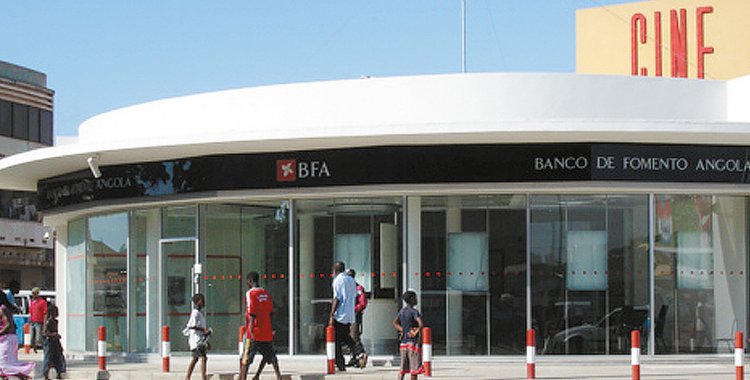The data are part of the study "Banking in Analysis 2022", by the consultancy Deloitte, which is presented this Tuesday in Luanda.
The study analyzes in detail the 25 banks that operate in the Angolan financial system, taking into account their performance in various financial indicators.
For the growth of net income, the improvement in Angola's 'rating' and the consequent reversal of impairment losses was decisive, as well as the positive variation in the results of Banco de Poupança e Crédito (BPC), despite being negative, and of BE, which registered the highest profit among the analyzed banks, after two years of heavy losses, justifies the document.
The net result was attenuated "by the significant drop in foreign exchange earnings, which reduced by around 96 percent in 2021" (data that exclude BE due to unavailability of information).
Excluding BPC and BE from the analysis, net income in 2021 still recorded an increase of 40 percent over the previous year, indicating a recovery trend in banking.
In the top five of the most profitable banks in 2021 were Banco Económico, Banco de Fomento Angola (BFA), Banco Angolano de Investimento (BAI), Standard Bank and Banco BIC.
Among the banks that recorded losses, in addition to the public BPC, are also Keve, Banco de Comércio e Indústria (BCI), which was privatized at the end of 2021, currently belonging to Grupo Carrinho and Banco Prestígio, which even presented a banking product negative and had his license revoked on 30 September.
There was also an increase in loans to customers in the global asset structure, which went from 17 to 19 percent, driven by incentive measures issued by the National Bank of Angola (BNA), but the weight of credit in relation to total assets "remains a far cry from that seen in other world economies", including on the African continent.
"The fact that interest rates remain high leads companies to resort to other types of funding sources", says the Deloitte study, which did not include BE and the Russian VTB in this analysis.
On the other hand, the weight of securities continues to be higher than that seen in more mature markets, as a result of the significant exposure of national banks to public debt, which, however, fell by 3 percent compared to 2020.
The total value of bank assets (excluding VTB due to lack of information) was equivalent to 17,412,196 million kwanzas at the end of 2021, a decrease of 5.4 percent compared to the previous year, which will be associated with the appreciation and subsequent stabilization of the kwanza against the dollar and the euro in 2021.
The five largest banks (BAI, BFA, BIC, BPC and Atlântico) accounted for 65 percent of total banking assets.
The value of equity amounted to 2,076 billion kwanzas at the end of 2021, corresponding to a 20 percent increase compared to 2020, with an increase between 2014 and 2021 close to 293 percent.
The study's conclusions refer that given the high number of banks that compete in the Angolan financial system, they must define "business models that allow them to ensure a differentiated positioning in the market, both in terms of customer segmentation, as well as the products and services they provide ".
It also underlines that the issue of sustainability, whether in terms of compliance with specific indicators/ratios, as well as regulatory reporting requirements and in matters related to ESG criteria ('Environmental, Social and Governance'), is becoming increasingly urgent.
In some cases, shareholders' inability to meet capital requirements has led the BNA to withdraw some banking licenses (Prestígio was the most recent case).
The study also highlights expectations regarding the implementation of the Recovery and Restructuring Plan of Banco Económico, "a systemic bank that should once again occupy a prominent position in the economy".
He also emphasizes that the regulator "continues to take measures with a view to the sustainability of the Angolan financial system", including the increase in the minimum share capital and the approval of the Resolution Fund regulation that will be constituted with contributions from banks and the State, with the aim of objective of safeguarding systemic risks.
"The BNA has been assuming a more intrusive role in the supervision of the banking sector, with the opening of contravention proceedings for non-compliance with the regulations in force, namely the foreign exchange legislation, which poses challenges to banks in order to strengthen their control systems. internal", concludes the report.







